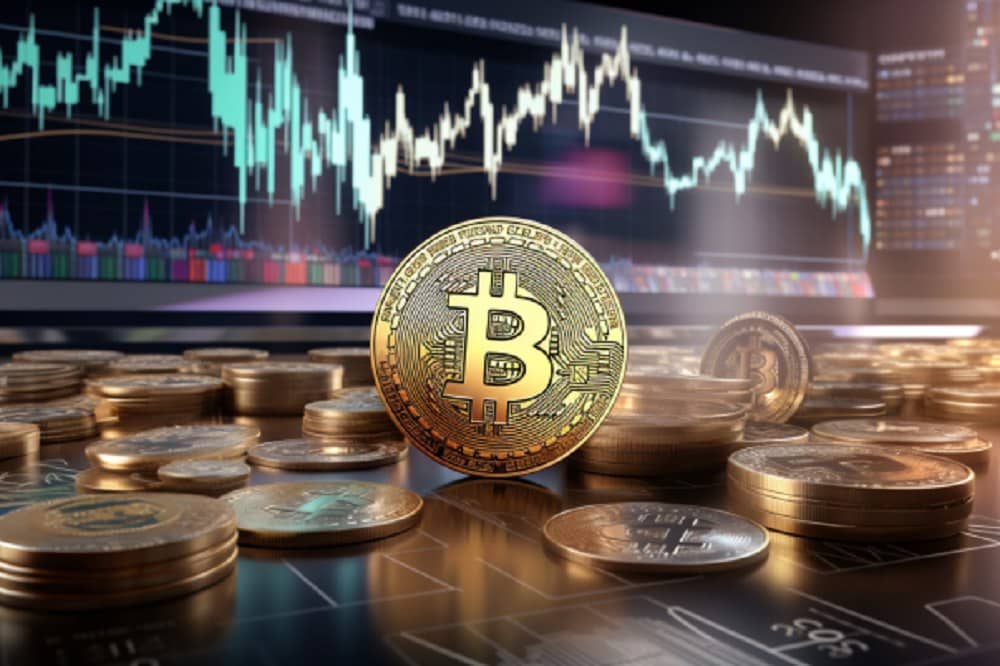In a pivotal moment during his criminal fraud trial, cryptocurrency entrepreneur Sam Bankman-Fried faced rigorous questioning from prosecutors on Tuesday, struggling to articulate responses, particularly when pressed about his apparent indifference to an alleged $8 billion shortfall in the balance sheet of Alameda Research, a prominent hedge fund, which is claimed to have been siphoned from customers of his FTX crypto exchange.
This marked Bankman-Fried’s fourth and final day on the witness stand in his ongoing trial, centered on the downfall of FTX, once a crypto giant valued at $32 billion. As the sole witness for the defense and prosecution, the defendant’s legal team allowed him to provide clarifications to certain questions posed by the government’s attorneys just before Judge Lewis Kaplan adjourned for the day.
The jury’s verdict, potentially influenced by these clarifications, could be reached as early as Friday. The trial’s closing arguments are slated to commence on Wednesday, with deliberations anticipated to take several days, owing to the intricate nature of the case, which has already extended into its fifth week.
Scrutiny of Bankman-Fried Continues
Assistant U.S. Attorney Danielle Sassoon, who resumed her second day of cross-examination, began by addressing Bankman-Fried’s close association with the Bahamian government, where FTX was headquartered, and its Prime Minister, Philip Davis. Sassoon also honed in on FTX’s use of Alameda subsidiaries, particularly “North Dimension,” to access banking services. The prosecution argues that this connection granted Alameda unwarranted access to FTX users’ assets.
Sassoon highlighted what she characterized as Bankman-Fried’s “cosy relationship” with Bahamian regulators, underscoring that Davis and his spouse were provided tickets to an event at the FTX Arena in Miami (now known as the Kaseya Center). Bankman-Fried acknowledged the couple’s attendance at the game but was uncertain about the source of the tickets or their seating. Sassoon presented a chat message wherein Bankman-Fried mentioned using FTX’s seats, insinuating impropriety.
Sassoon also raised concerns about Bankman-Fried’s correspondence with a Bahamian regulator, in which he offered to enable withdrawals for Bahamian customers while customers from other countries were grappling with frozen accounts.
Probing the Handling of Customer Funds
In a contentious exchange towards the end of her cross-examination, Sassoon inquired whether Bankman-Fried had informed FTX customers that their funds were being transferred to Alameda, the hedge fund he founded before launching FTX. His response, given multiple times, was, “I don’t recall giving directions.”
As the line of questioning shifted to Alameda’s supposed use of FTX customer assets, Bankman-Fried distinguished the funds’ use rather than categorizing them as expenditures. Sassoon pressed further, asking if this meant the assets were utilized for investments, to which he confirmed.
Fuzzy Memory and Cryptocurrency’s Collapse
Bankman-Fried continued to maintain a vague recollection of the recent years’ details. When questioned about his interactions with FTX engineers Gary Wang and Nishad Singh, both key government witnesses, after discovering the $8 billion discrepancy due to a computer bug, Bankman-Fried asserted that they were preoccupied and suggested he stop his inquiries.
Sassoon probed further, inquiring if Bankman-Fried had convened his team to identify the responsible party for the $8 billion. Eventually, the discussion shifted to FTX’s collapse in November 2022, culminating in the exchange and Alameda filing for bankruptcy due to the inability to meet customer withdrawal requests.
During an earlier part of his testimony, Bankman-Fried defended a tweet thread from November 7, shortly before FTX’s bankruptcy filing, in which he reassured users that “assets are fine.” He argued that this statement was technically accurate, as he believed Alameda had adequate funds to reimburse FTX customer deposits.
Sassoon challenged this assertion, focusing on FTX’s token, FTT, a significant component of Alameda’s balance sheet. She aimed to extract a confession from Bankman-Fried, questioning if he knew that by November 2022, FTT was illiquid, indicating its value was considerably lower than Alameda had recorded.
The outcome of this high-stakes trial remains uncertain, with the jury’s decision eagerly awaited as closing arguments commence. The trial has captivated observers with its complex web of allegations and its potential ramifications for the cryptocurrency industry.
At Tokenhell, we help over 5,000 crypto companies amplify their content reach—and you can join them! For inquiries, reach out to us at info@tokenhell.com. Please remember, cryptocurrencies are highly volatile assets. Always conduct thorough research before making any investment decisions. Some content on this website, including posts under Crypto Cable, Sponsored Articles, and Press Releases, is provided by guest contributors or paid sponsors. The views expressed in these posts do not necessarily represent the opinions of Tokenhell. We are not responsible for the accuracy, quality, or reliability of any third-party content, advertisements, products, or banners featured on this site. For more details, please review our full terms and conditions / disclaimer.
